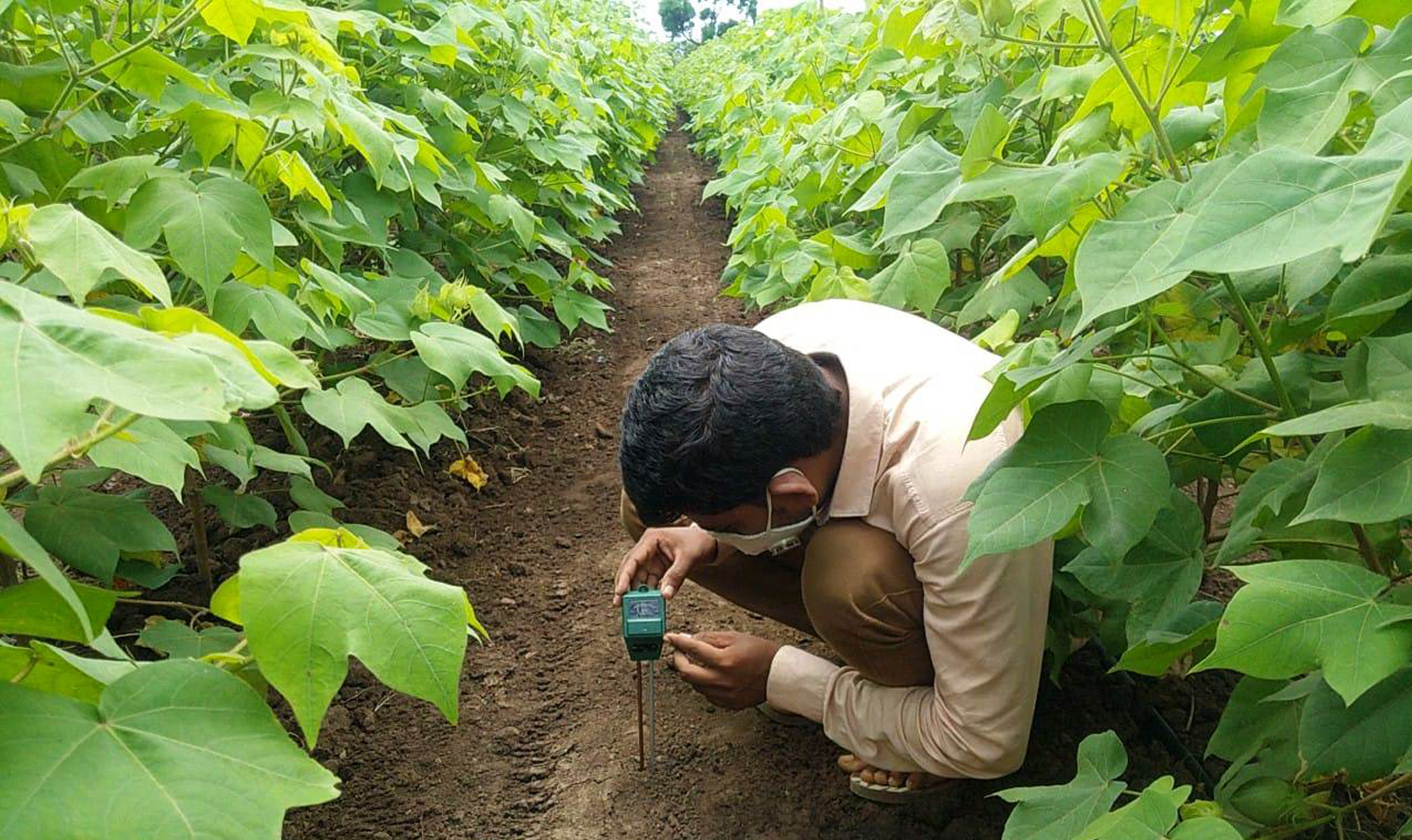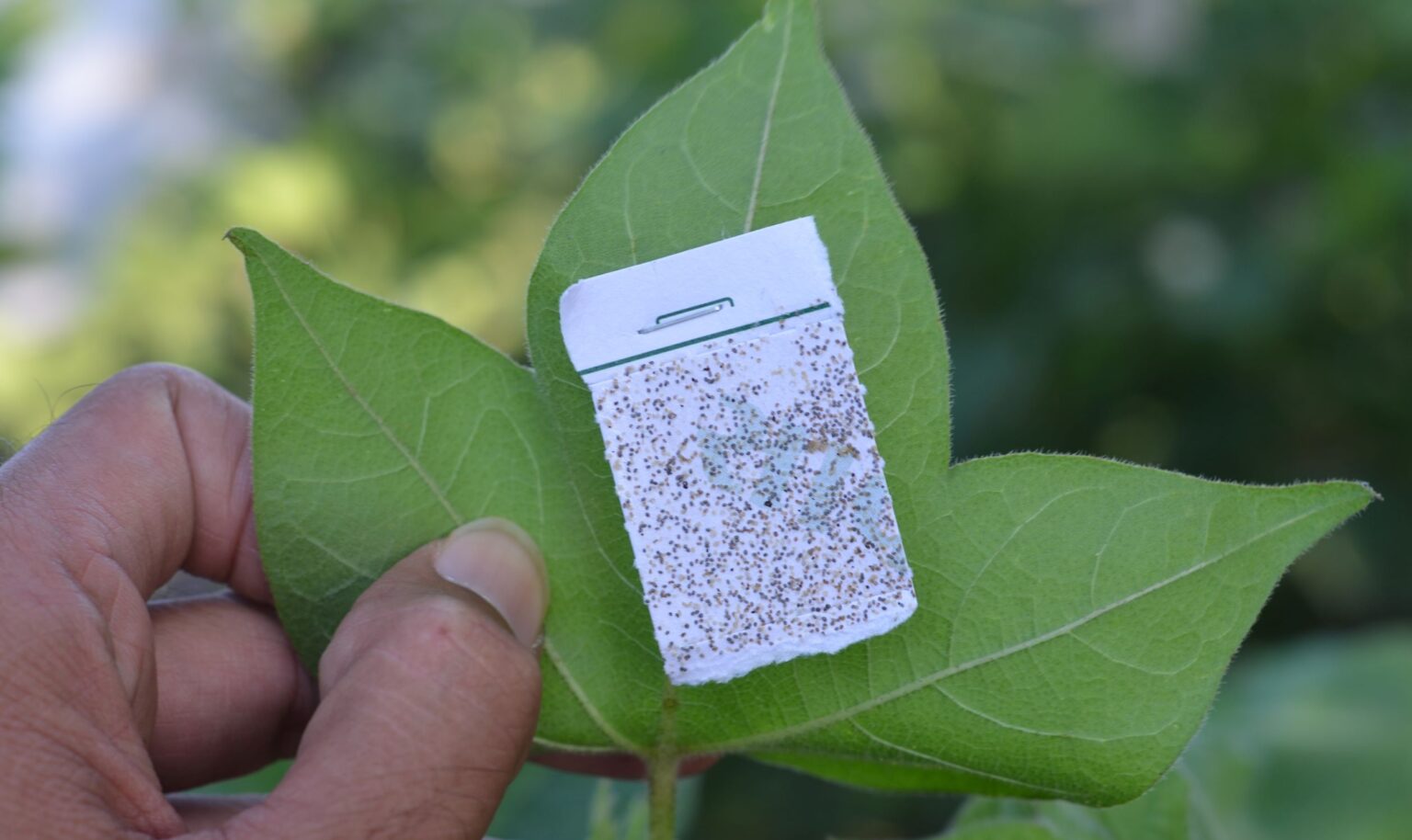Agriculture Growth and Disaster Risk
Directly or indirectly, the majority of Indians are dependent on agriculture for their livelihood. The share consists of landowners, tenant farmers who cultivate a piece of land, agricultural laborers employed on these farms, and the people who do business with agricultural products.
Indian agriculture, like India’s landscape, is vulnerable to multiple natural and anthropogenic disasters and is also aggravated by the impact of climate change that results in mammoth economic losses. With our intervention in the sectors of Agriculture Growth and Disaster Risk, we are committed to reducing the impact of disaster risk and shaping the better lives of everyone who is engaged with farming.
Implementing the Programs:
In Gujarat, the Saurashtra region is also majorly dependent on agriculture for livelihood purposes. Throughout the journey of 42 years, SSKK has reached almost 22000+ farmers and farming communities of Amreli and Gir Somnath District and aims to bring sustainability in farming by increasing the adoption of biofertilizers/pesticides, organic farming, new technologies, innovations, and practices by which we ensure that practices will:
- Protect the environment,
- Reduce the cost of cultivation,
- Reduces the harmful impact of pesticides and fertilizers
- Increases the soil health
- Optimizing the use of water
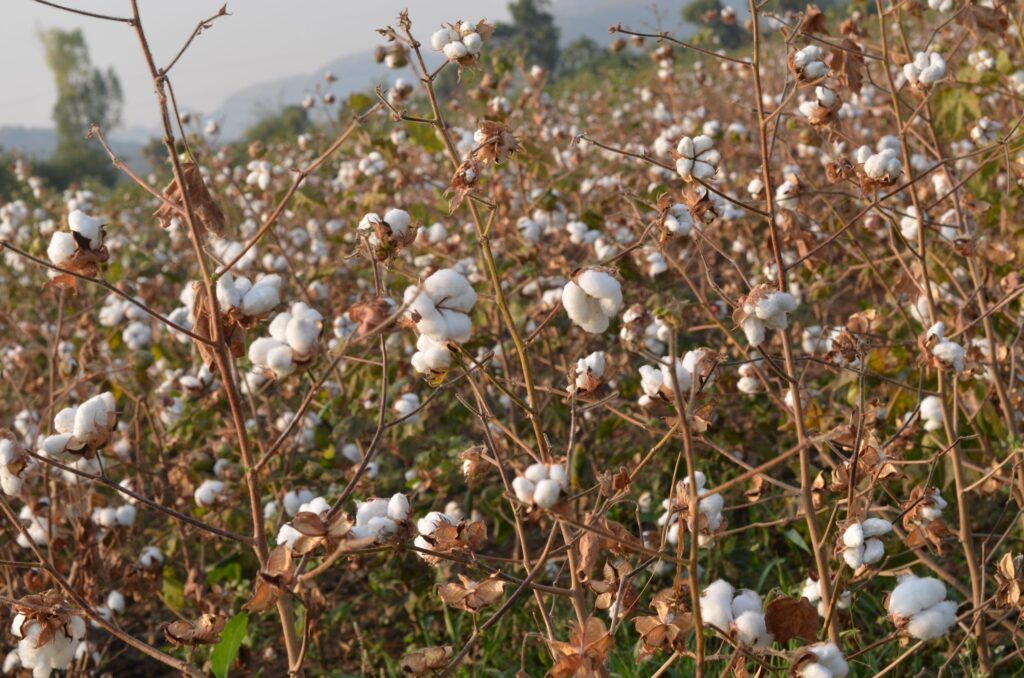
1. Better Cotton Program:
The Better Cotton (BC) is a non-profit, multistakeholder governance group that promotes better standards in cotton farming and practices across 21 countries having 18 Implementing Partners in India. With the support of Implementing Partner CottonConnect South Asia – India we Shishan ane Samaj Kalyan Kendra is the local partner to implement BC into the fields of Amreli and Gir Somnath District. Know more here..
With the Better Cotton Initiative Program we are:
- Minimizing the harmful impact of crop protection practices
- Promoting the use of water efficiently and caring for the availability of water
- Promoting care for the health of the soil
- Conserving natural habitats
- Ensuring care and preservation for the quality of the fiber
Promoting Decent work in farming practices – conditions that support workers’ safety and well-being.
Our coverage into Better Cotton Initiative fields:
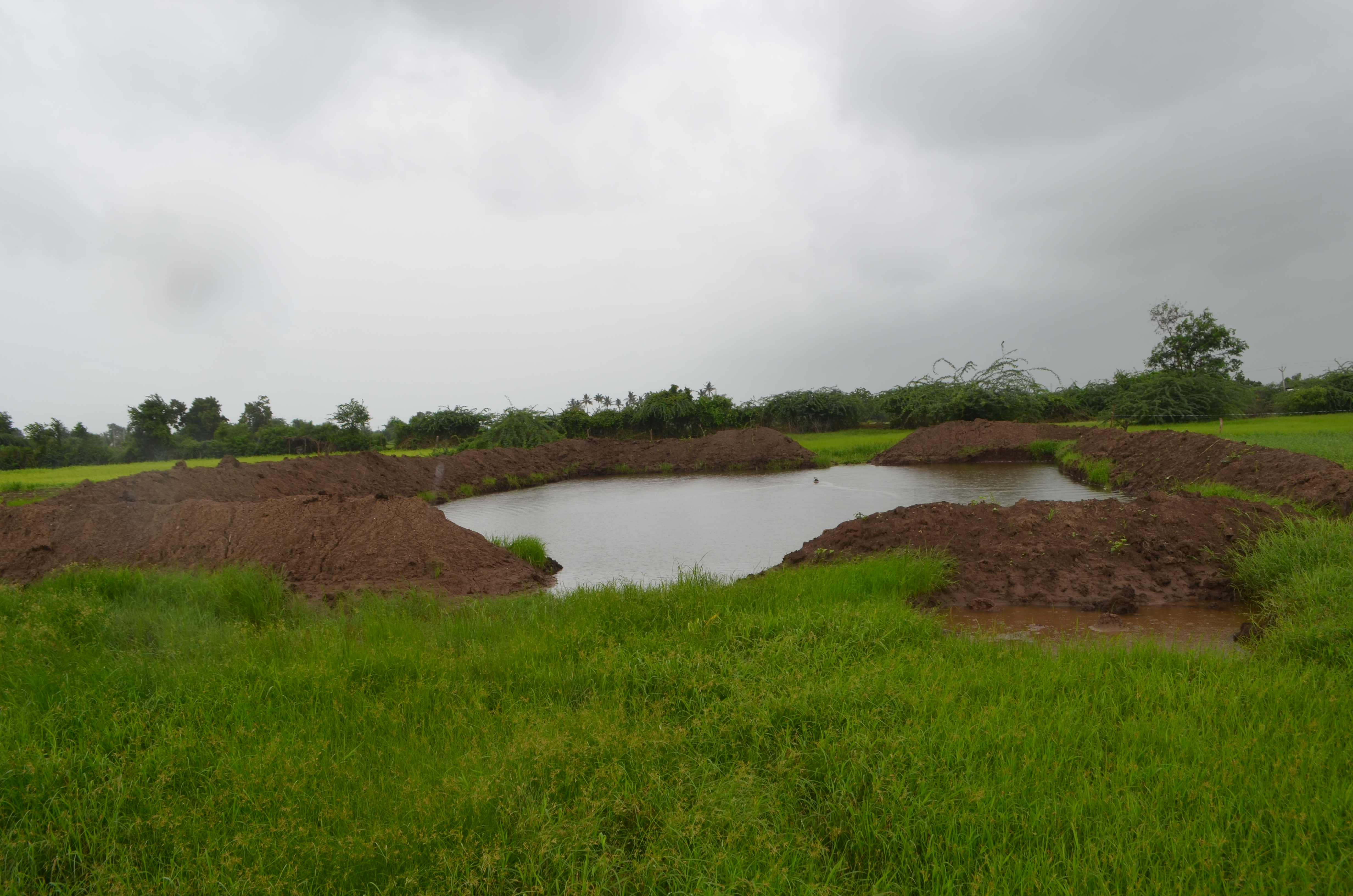
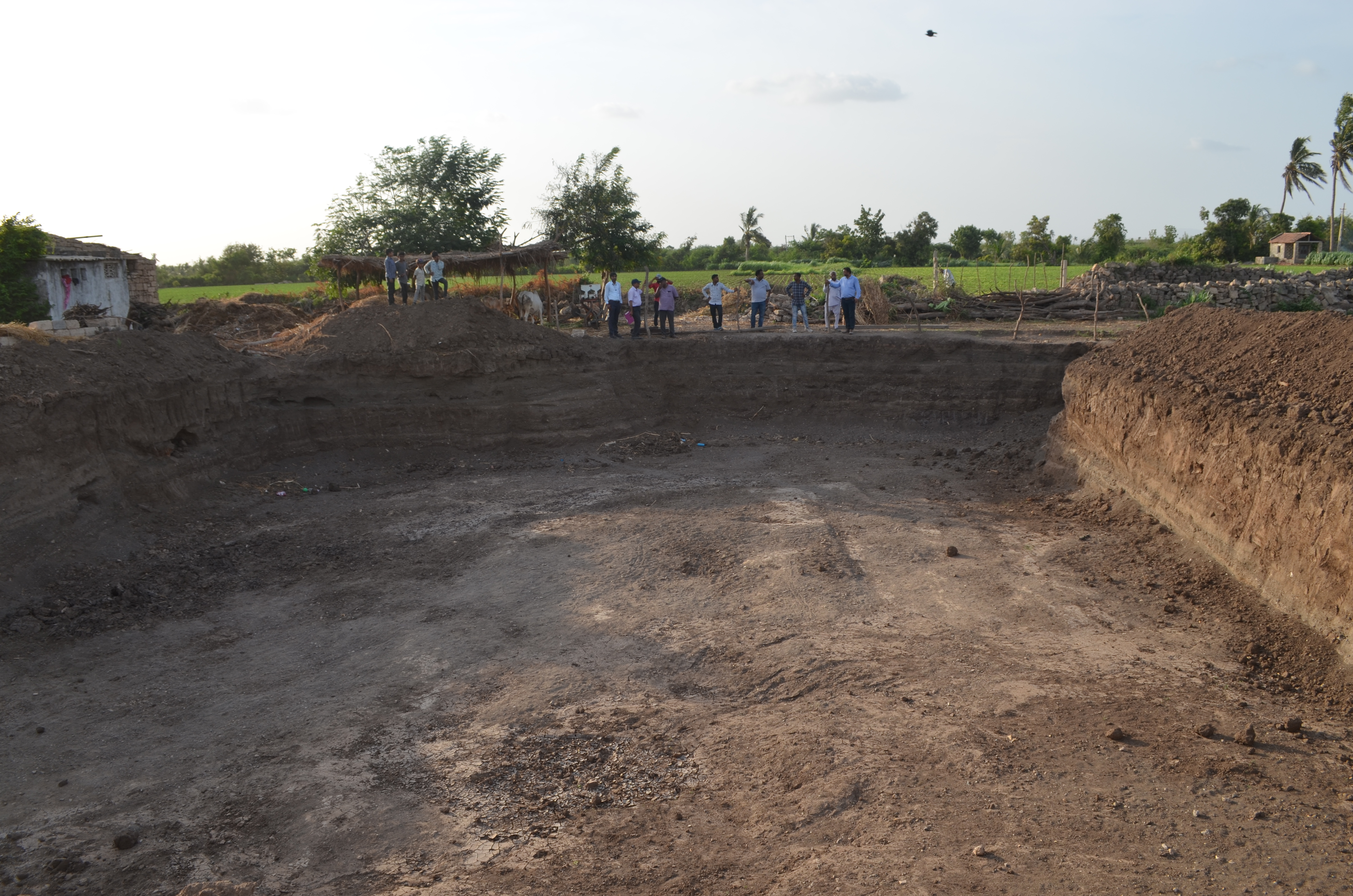
2. Promoting Water Stewardship:
Coastal resources constitute an important component of natural resources. Imbalances in the ecology of coastal areas, largely due to human activities in the region and natural forces have major ramifications on human life, from shortage of potable drinking water, to reduced crop variety and productivity in agriculture, and reduction in the fishery – quality, variety, and production.
Amreli and Gir Somanth both districts are situated at the coastal belt of the Arabian sea. Among these, salinity ingress and degradation of water quality are of universal concern, due to the need for life and livelihoods. Irrigation districts face salinity issues due to the deterioration of groundwater quality.
TATA Trusts launched the Coastal Salinity Prevention and Mitigation initiative (also known as Kharash Vistarotthan Yojana or KVY) and set up the Coastal Salinity Prevention Cell (CSPC) in Ahmedabad
With the support of CSPC number of works have been initiated so that water quality, water recharge, and optimum use can be increased.
- 4.09 Mcft water storage capacity has been developed by constructing 133 farm ponds
- Had covered 467 acres of land for water recharge, additional Irrigation and supplementary irrigation
- Covered 120 Hector land to protect the farms of 111 farmers
- Increased the water storage by 1.21 Mcft
- Covered 185 acres of land for irrigation and total 158 Farmers are availing the benefit of irrigation
- 182 Open well and Bore well had recharged – water level had increased
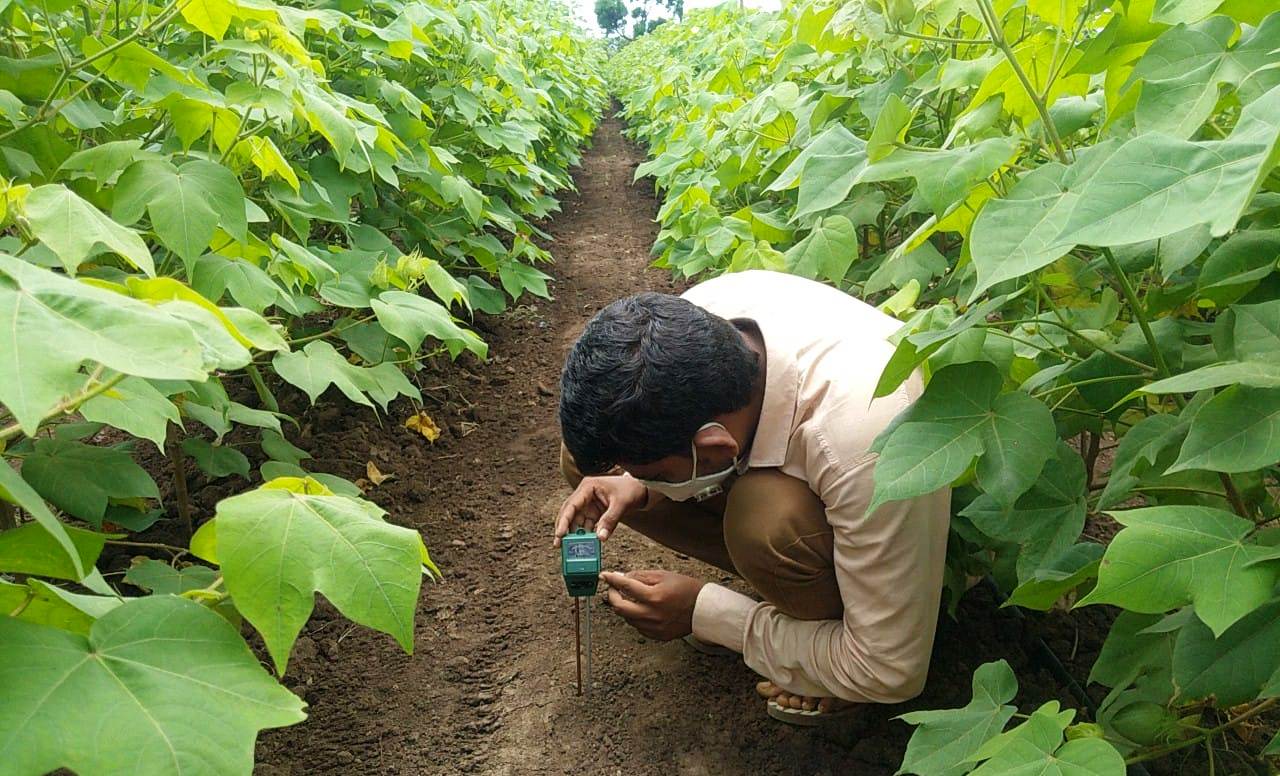
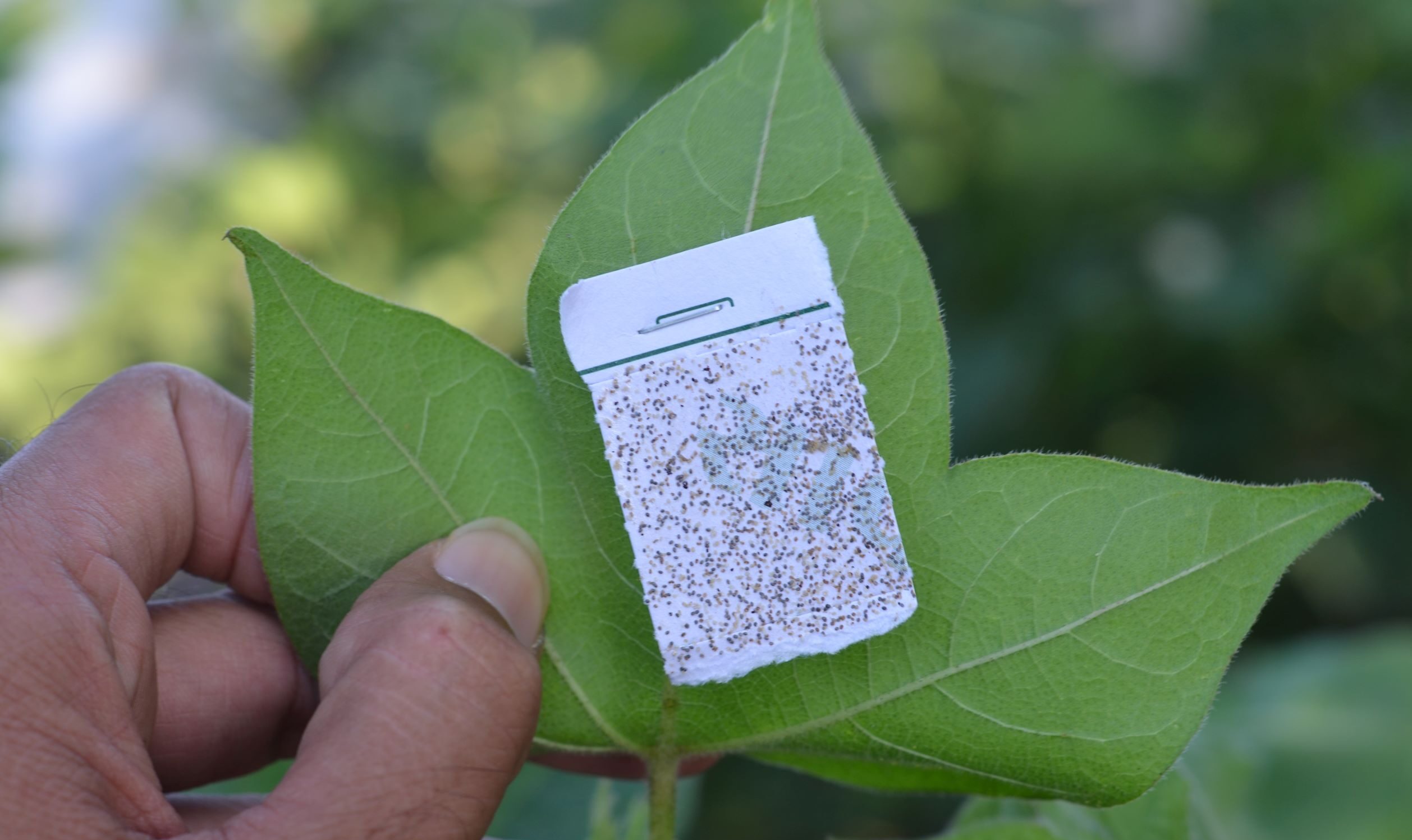
3. Promoting Natural Farming:
For large production in recent times, farmers have increased the use of hazardous chemicals like Malathion, Hydramethion, scyphate, etc. This creates the worst effects on the health of humans, and the overall environment as it harms biodiversity, reduces the water quality, and leaves the worst effect on soil health.
To restore the ecological cycle and make farming sustainable SSKK is promoting Natural/Organic farming at loud for:
- Improve Yield
- Environmental Health
- To decrease human and animal health hazards by reducing the level of residues in the product.
- To minimize the cost of cultivation
- To Improve Soil Health and to reduce water consumption
- Livestock Sustainability
- Women’s agency and community ownership for scaling up of Natural Farming
- Resilience
Activities we carried out:
- Demonstration
- Farmers Field Exposure Visits
- Training and Capacity Building
- Promotion and establishment of Bio-Input centers
- Linking farmers to avail benefits of government schemes that promote natural farming
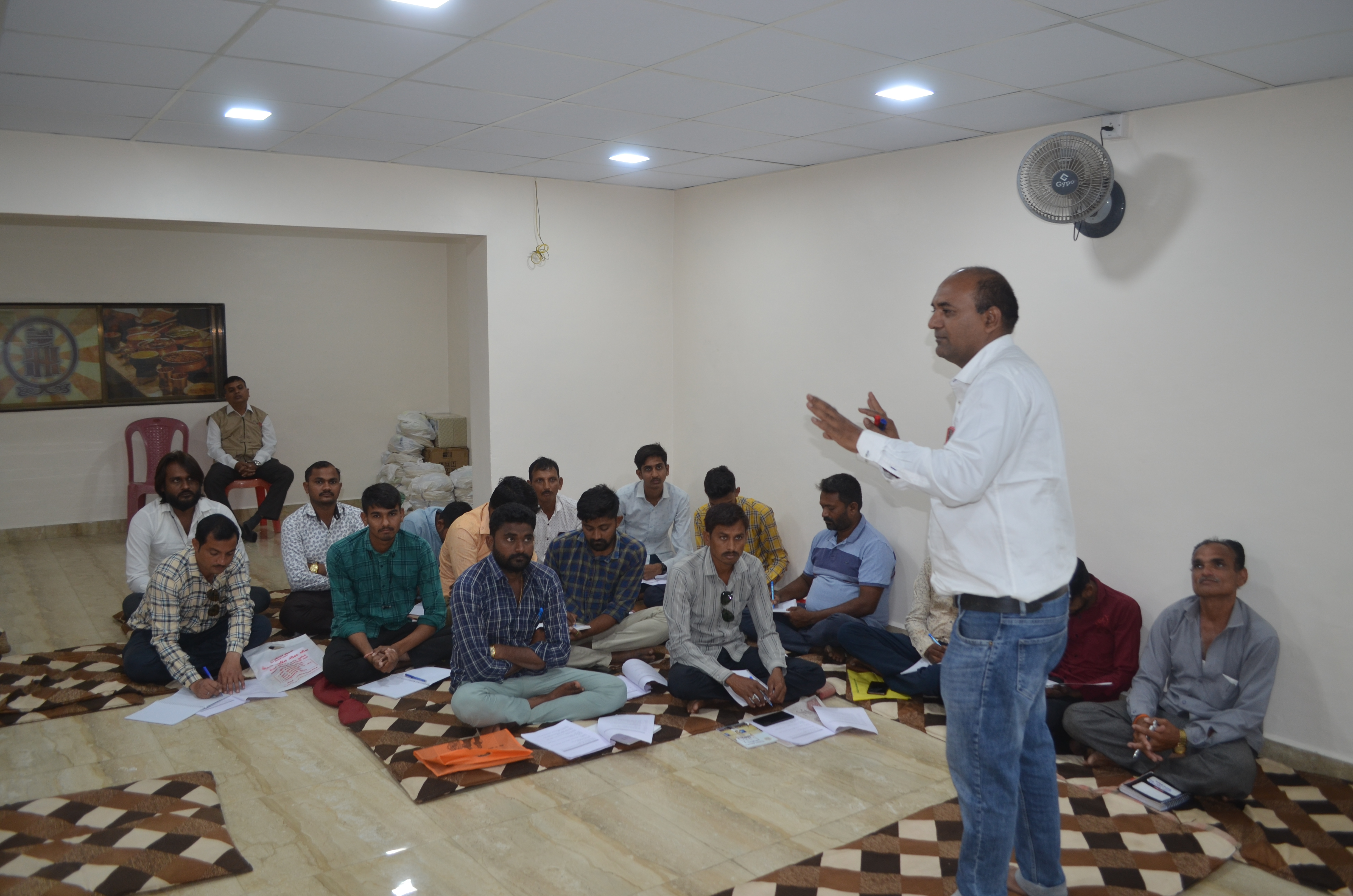
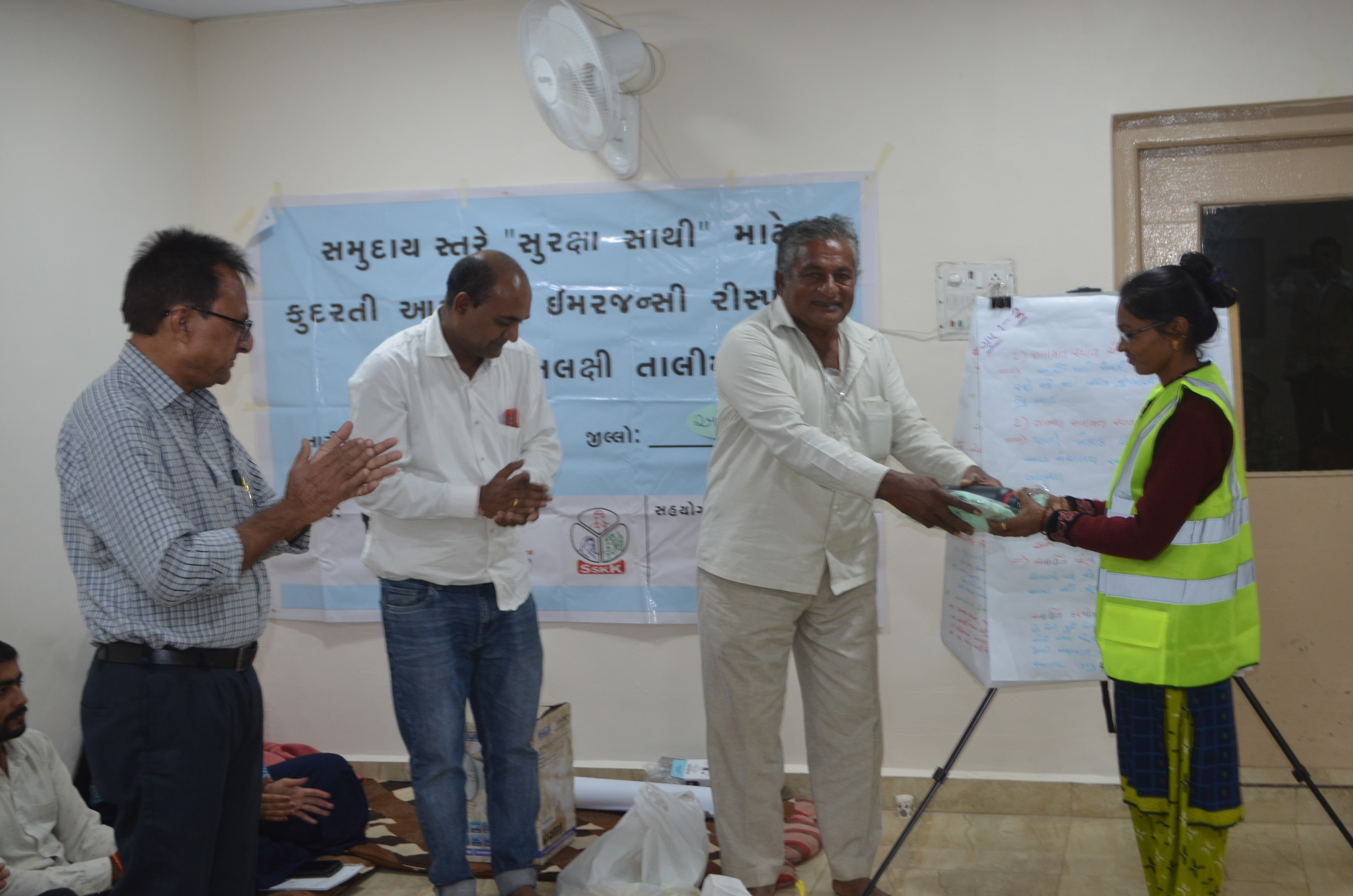
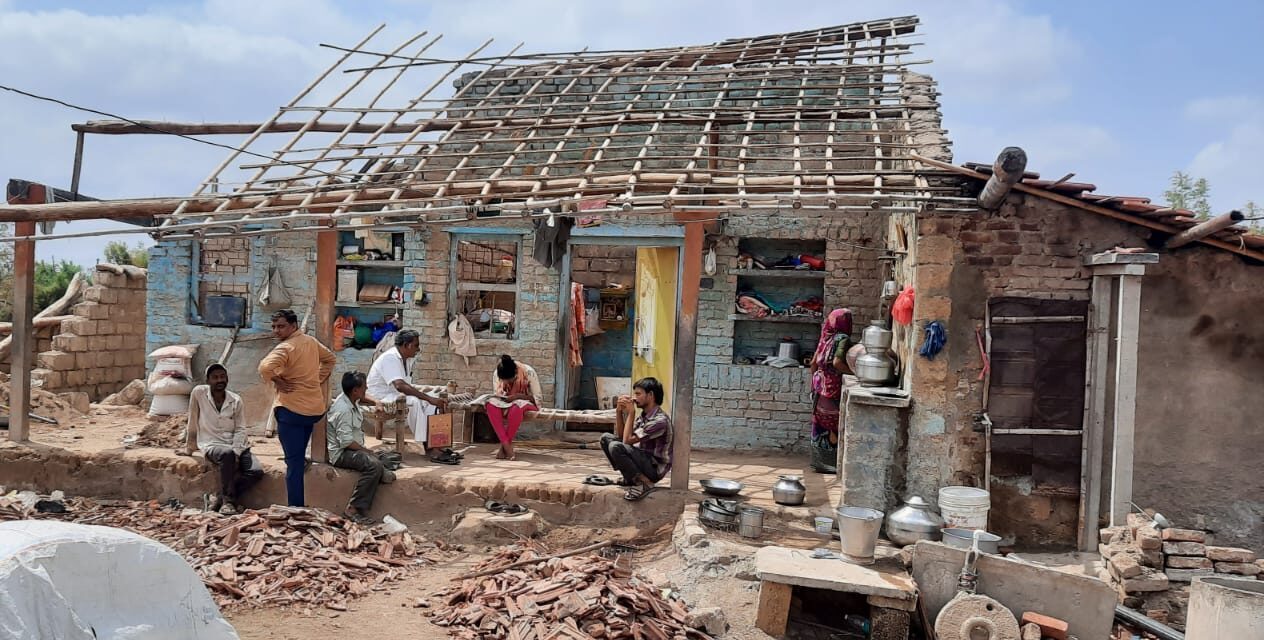
4. Formation of 30 “Suraksha Sathi” for Disaster Response Reduction:
Situated at the coastal belt, Amreli and Gir Somnath districts are most vulnerable when it comes to disasters and the local community always steps ahead first to respond to any disasters. Lastly, Cyclone Tauktae made landfall in the Saurashtra coast at 155-165 kilometers per hour on 18th May 2021, which had impacted many lives so badly.
Learning from the experiences, Unnati, SSKK as a member of the Inter-Agency Group and Unicef came together and trained 30 volunteers at the ground community level so they could be prepared for any kind of disaster preparedness and response.
Three Stages of training prepared the Suraksha Sathies for :
- Early warning and evacuation to a safe place
- Preservation of life and property of people
- Immediate relief and first aid
- Damage assessment and relief compensation
- Restoration of services
- Rehabilitation and Reconstruction
- Activities to be carried out in normal time
- Gram Panchayat Development Plan

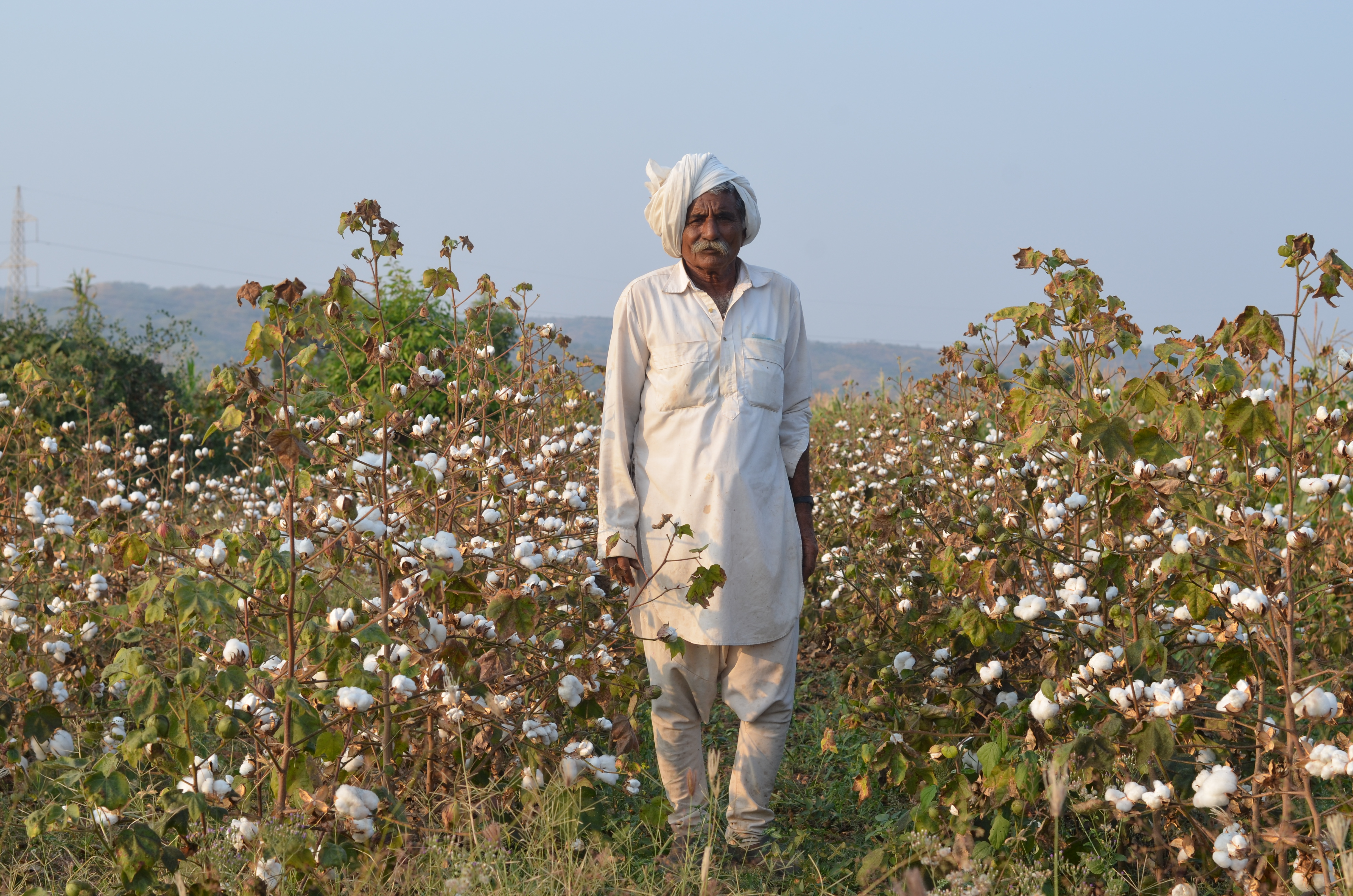
5. Promotion and facilitation of Farmer Producer Organisation - FPO’s
In India, nearly 70% of farming households in India are small and marginal. An average farmer earns a little more than INR 10,000 per month and nearly half of all farmers are estimated to be in debt. Most farms are rain-fed and exposed to climate risks. Small and marginal farmers operate with big disadvantages in terms of scale, diversification of crops, potential price risks, and bargaining power.
FPO is an organization, where the members are farmers. Farmers Producers Organization provides end-to-end support and services to small farmers and covers technical services, marketing, processing, and other aspects of cultivation inputs.
FPCs, introduced in 2000, are a viable ‘new age’ option to address some of these challenges while maintaining India’s present welfare equilibrium. Operating on the long-standing welfare model of ‘collectivization’, FPCs function under the Companies Act of 2013, wherein shareholding farmers pool resources for better market linkages.
Addressing the scenario, SSKK promoted FPOs in very early stages:
- Avirat Agro Producer Company Ltd. was established in 2006-2007.
- Sorath Agricultural Producer Company Ltd.was established in 2016.
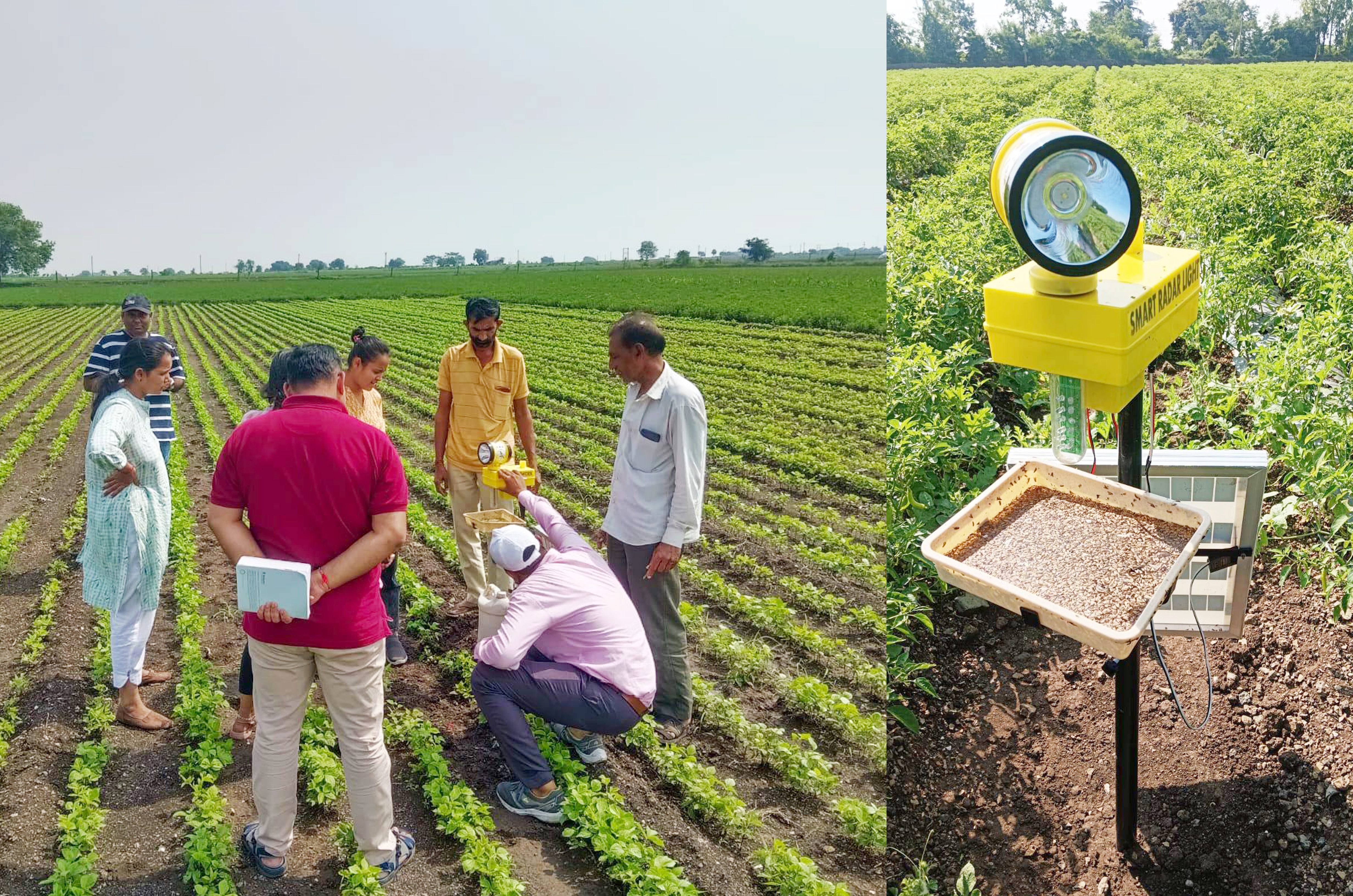
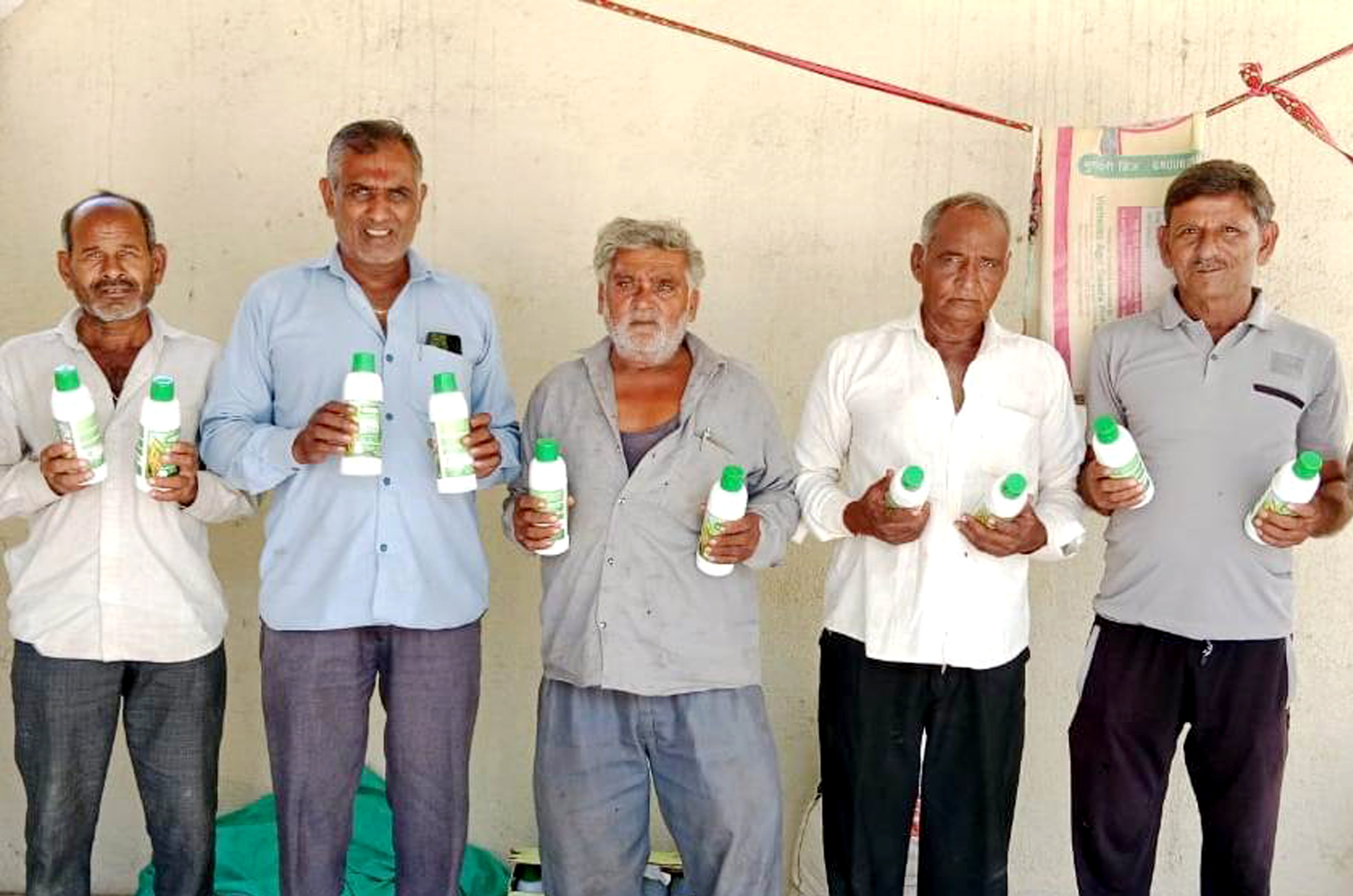
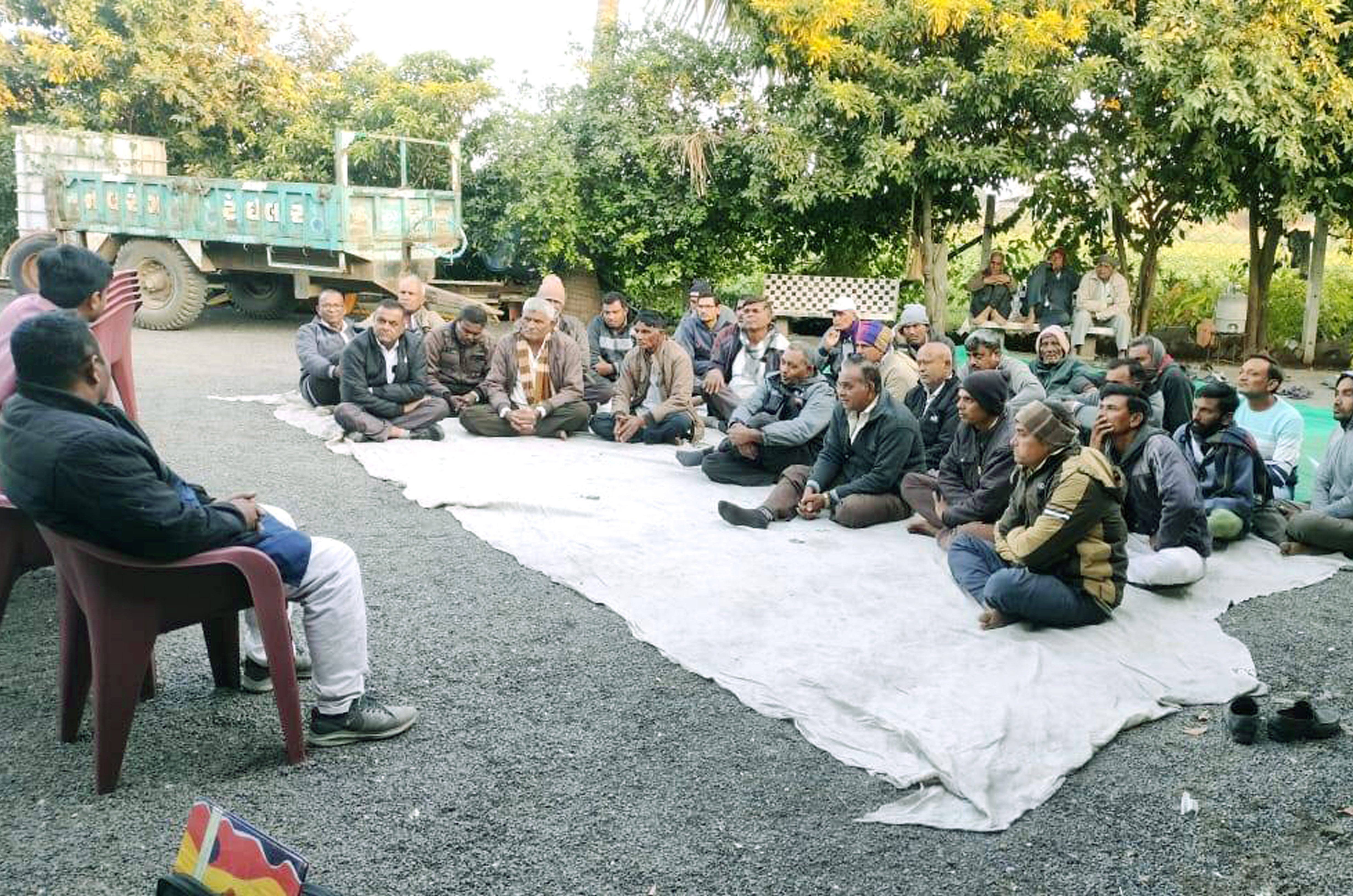

6. Improving the Self-Reliance and Resilience of Rural Communities in Rajkot District
“Improving the Self-Reliance and Resilience in Rural Communities of Rajkot District” chronicles two year of dedicated efforts and collaborative initiatives to uplift rural populations’ livelihoods and well-being. Funded by Reliance Foundation, the program commenced in May 2023 under the stewardship of SSKK.
Gondal and KotdaSangani blocks within Rajkot district, Gujarat, confront significant climatic vulnerabilities characterized by erratic rainfall patterns and water scarcity, adversely affecting agricultural productivity and livelihoods. Recognizing the imperative for action, the program emphasised collaboration between Gram Panchayats (GPs) and stakeholders to develop climate-resilient plans. Key strategies included empowering GPs through strategic partnerships with resource agencies, advocating sustainable farming practices, water resource management and fostering diversification of livelihood sources, particularly among youths and women. A concerted effort involving government departments, NGOs, and private entities was pivotal in addressing developmental challenges and enhancing the welfare of rural communities.
Based on the context the main issues that has been identified are as below:
- Climatically vulnerable region: experiencing altered rainfall patterns, prolonged dry spells, and recurrent droughts.
- Decline in crop productivity: major crops like cotton, groundnut, chilli, cumin, chickpea, and wheat showing lower yields compared to potential yields, high pesticide and chemical fertilizer used.
- Water scarcity for irrigation: affecting sustainable income generation for farmers, with only 40% of the net sown area having irrigation facilities.
- Lack of diversified livelihood sources: limited opportunities beyond farming and cattle rearing, particularly among youths and women.
- Developmental challenges: include lack of employment opportunities, financial inclusion, health issues (anaemia, malnutrition), low productivity in cattle breeding, inadequate access to drinking water, and women empowerment.
- Need for collaborative efforts: involving government departments, private players, NGOs, and technological institutions to address these challenges effectively.
- To enable the community and stakeholders to plan climate adaptive plans and implement them in an organised manner to achieve sustainable development.
- Increase the well-being of rural HH, especially women with consistent income through diversified income sources.
- To enable ecosystem partners to act collectively on major challenges of the region in farming, livelihood and market.
- To build the capacity of community institutions like GP, women’s collective s’ and farmer collectives’ to tackle issues of climate, productivity, livelihood and market.
- The Community Water Harvesting Structure (CWHS) initiatives, repairing work of 73 check dams and increase capacity of storage about 20.2 lakh cubic mtr.
- Diversification efforts towards mono-cropping.
- The provision of drinking water.
- 314 soil tests for micronutrients.
- Micro-irrigation.
- 2520 hector land covered under Climate adaptive farming practice.
- 2550 households with diversified food production and consumption.
- Drinking water related work in 24 villages.
- Nipping, a widely recognized and pivotal agronomic practice adoption.
- Solar insect trap.
- Total 3379 farmers covered under this initiative.
- The engagement of 450 women in imitation work.
- Empowering Dairy Communities.
- Implement the SSS-AI program in collaboration with BAIF for animal health camps.
- Engagement of 3400 women in livelihood activities with improved digital and financial literacy.
- Work with 240 SHGs.
- 1350 women got Digital literacy training.
- Financial linkage of 2300 individuals with various health and insurance schemes.


